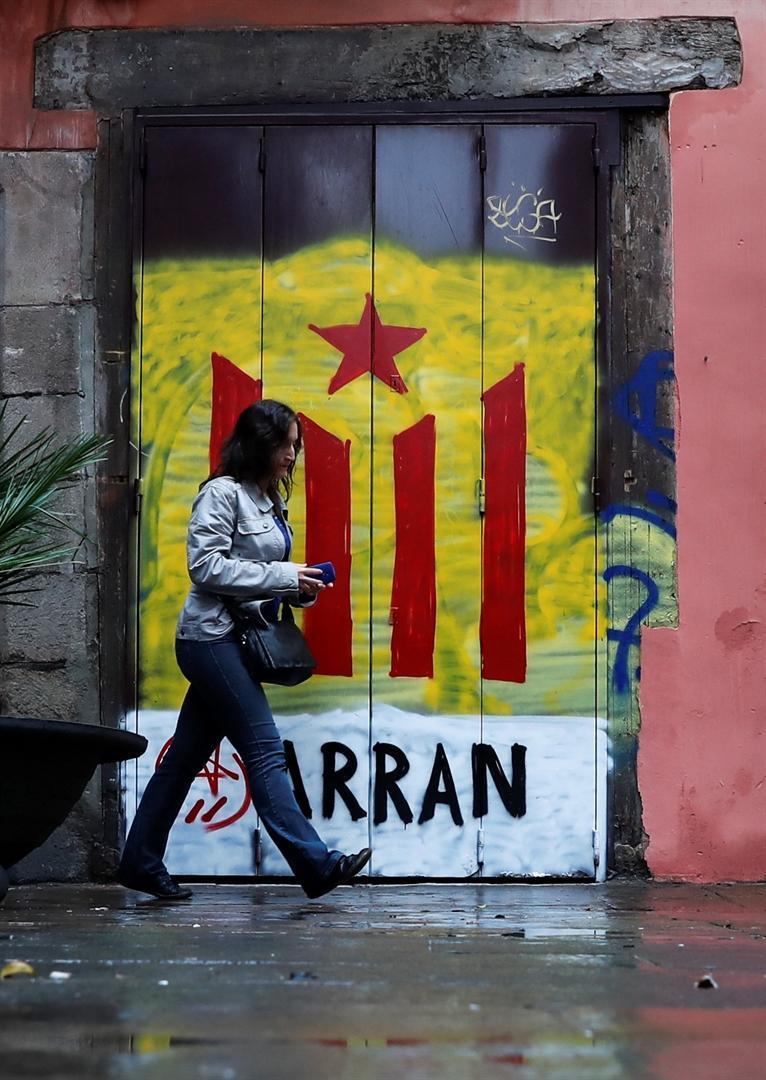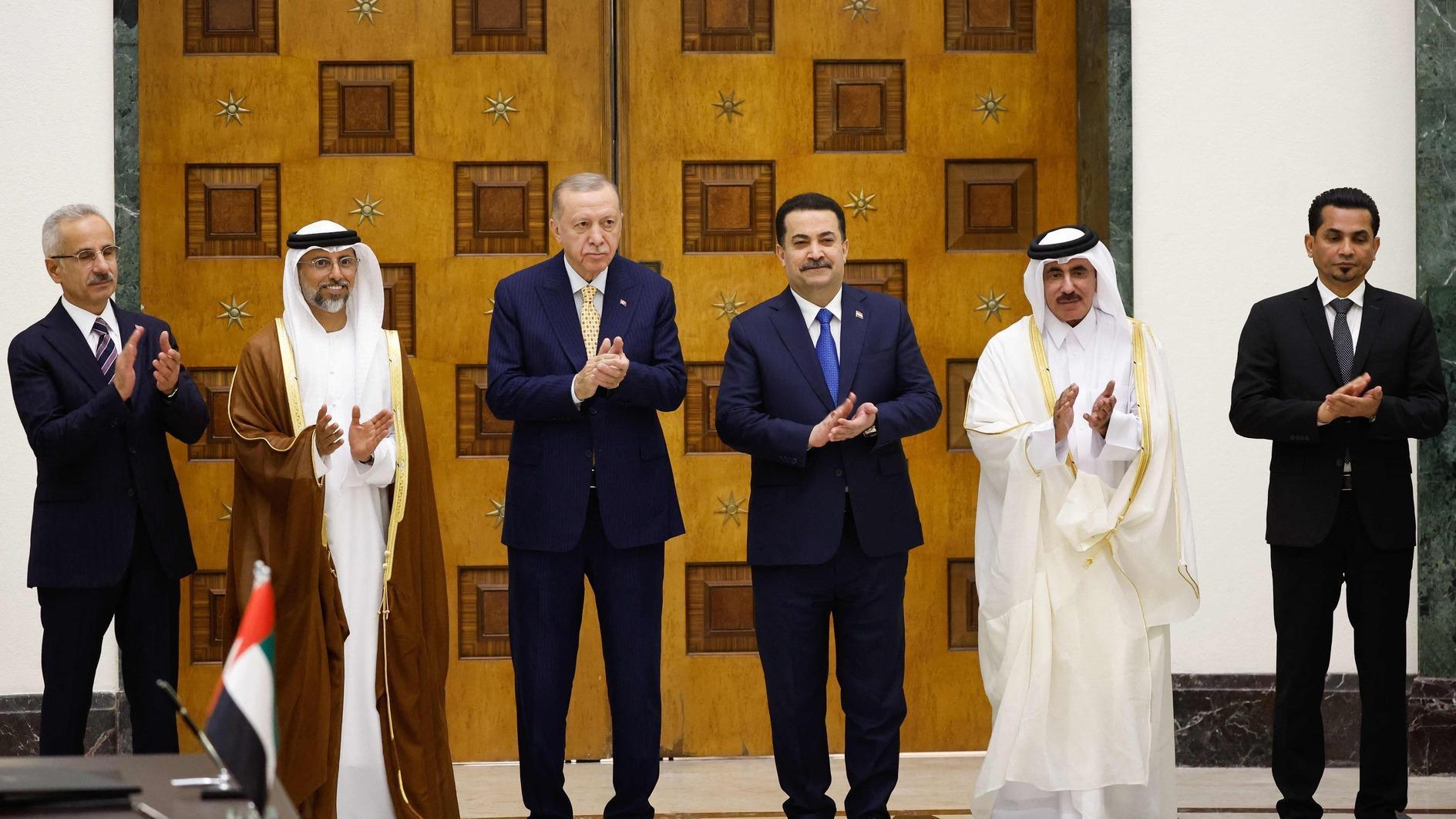Spain to push ahead with suspending Catalan autonomy
MADRID/BARCELONA

Spain said yesterday it will press ahead with suspending Catalonia's autonomy after the region's leader warned he may declare independence, heralding an unprecedented escalation of the country's worst political crisis in decades.
The central government in Madrid had given separatist leader Carles Puigdemont until 10:00 am yesterday to say whether or not he was declaring a breakaway state in the semi-autonomous region following a chaotic referendum on Oct. 1.
Prime Minister Mariano Rajoy had warned he would trigger Article 155 of Spain's constitution, a never-before-used measure allowing it to impose direct rule over the wealthy northeastern region, unless Puigdemont backed down.
There are fears that such a move, allowing the government to potentially suspend Puigdemont's government and take over its police force, could spark unrest in a region where even Catalans who oppose independence cherish their autonomy highly.
Puigdemont responded yesterday that Catalan lawmakers could vote to declare secession unilaterally if Madrid triggers Article 155.
"If the central government persists in preventing dialogue and continuing repression, Catalonia's parliament could proceed... to vote for a formal declaration of independence," he wrote in a letter to Rajoy, adding that a cryptic "suspended" independence declaration he issued last week did not amount to breaking away.
The government hit back by saying it intends to push on with triggering Article 155, a process that would take several days, to "restore legality" in the region.
“The government will use all the tools available to restore as soon as possible the law and the constitutional order, recover peaceful cohabitation between citizens and stop the economic damage that the legal uncertainty is creating,” government spokesman Inigo Mendez de Vigo said in a statement.
The government also called an emergency cabinet meeting for Oct. 21 to specify how it will take control over the region.
The constitutional law has never been used in the four decades since democracy was restored at the end of Gen. Francisco Franco’s dictatorship.
If Rajoy invokes Article 155 of the 1978 constitution, it would not be fully effective until at least early next week. It needs parliamentary approval, offering some last minute leeway for secessionists to split unilaterally.
The terms of Article 155 are vague and could spur more wrangling with the restive region.
A spokesman for the Socialists said while they fully stood behind the government they would insist the Article 155 is applied in the most proportionate way.
Catalans would consider the application of Article 155 an “invasion” of the region’s self-government, while Spain’s central authorities have portrayed it as an undesired move, yet a necessary one.
The Catalonia crisis has worried investors and added to the woes of a European Union already grappling with Brexit.
Catalonia's 7.5 million residents have their own language and culture but are divided on whether to break away from the rest of Spain.
Puigdemont says his regional administration has a mandate to declare independence from what he says was a 90 percent "yes" vote on Oct. 1, marred by a heavy-handed police crackdown on voters.
But turnout was given as only 43 percent. Many voters who oppose independence stayed away from a referendum that had been declared illegal by Spain's Constitutional Court.
Madrid had on Oct. 18 offered the separatists a potential last-minute way out of the crisis by proposing fresh regional elections.
Elections sanctioned by Madrid, unlike the referendum, would allow Catalan voters to have a say on how to move forward.
But while Puigdemont's administration may still be weighing the proposal up, there was no mention of plans for such polls in his response yesterday.
Separatists complain that Catalonia, which represents about a fifth of Spain's economic output, pours more into the national coffers than it gets back, and say it would prosper if it went its own way.
But opponents say the region has more clout as part of Spain and that the instability could be disastrous for its economy.
















